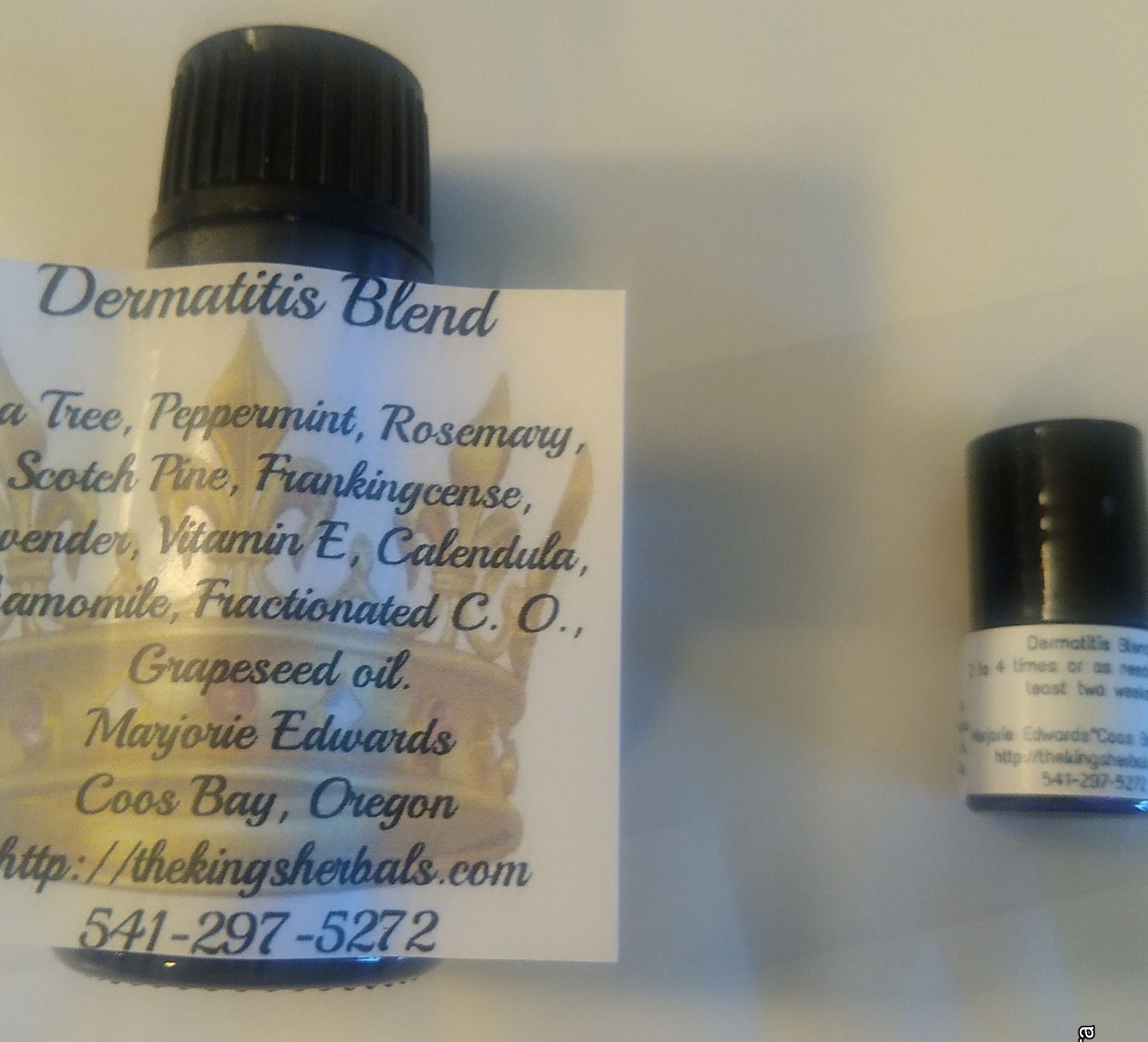Psoriasis is a chronic skin condition that has been associated with potential liver involvement. It is crucial to undergo regular liver screenings if you have psoriasis, as liver abnormalities can occur. Early detection and proper management of liver complications are essential in ensuring overall health and well-being for individuals with psoriasis. I wish there was a way to shorten this. To give all the information required I sometimes and maybe more often than not have to make each one longer depending on the topic. this group is designed to help you manage your disease through nutrition. Essential oils are also called Topical nutritives which also means “transdermal.”.
Psorisis essential oils Fatty LD
Psoriasis and fatty liver disease are two distinct medical conditions, but there can be some connections and considerations when they occur together or in the same individual.
-
Psoriasis: Psoriasis is an autoimmune skin condition characterized by patches of red, inflamed skin covered with silvery scales. It is thought to be caused by an overactive immune system triggering inflammation and excessive skin cell turnover. Psoriasis can vary in severity from mild, affecting small areas, to severe, covering large parts of the body.
-
Fatty Liver Disease: Fatty liver disease refers to a condition where there is an accumulation of fat in the liver cells. This can occur due to various reasons, including alcohol consumption (alcoholic fatty liver disease) or non-alcoholic causes (non-alcoholic fatty liver disease, NAFLD), such as obesity, diabetes, high cholesterol, or metabolic syndrome.
CONNECTION AND CONSIDERATIONS:
-
Inflammation: Both psoriasis and fatty liver disease involve inflammation. In psoriasis, the inflammation primarily affects the skin, while in fatty liver disease, inflammation affects the liver tissue. Chronic inflammation in one part of the body can potentially influence inflammatory processes elsewhere.
-
Shared Risk Factors: There are some overlapping risk factors for psoriasis and fatty liver disease, such as obesity, insulin resistance, and metabolic syndrome. These conditions can contribute to the development or worsening of both psoriasis and fatty liver disease.
-
Impact of Medications: Some medications used to treat psoriasis, such as systemic retinoids or methotrexate, can potentially affect liver function. This is important in individuals with pre-existing liver conditions, including fatty liver disease.
-
Management Challenges: Treating both conditions in the same individual can pose challenges. For instance, certain medications that are effective for psoriasis may need to be used cautiously or avoided in patients with significant liver disease.
-
Health Monitoring: If someone has both psoriasis and fatty liver disease, it’s crucial to monitor both conditions closely. This may involve regular liver function tests, imaging studies of the liver, and assessment of psoriasis severity and treatment efficacy.
MANAGEMENT APPROACH:
Managing psoriasis and fatty liver disease typically involves a multidisciplinary approach that may include dermatologists, hepatologists (liver specialists), and primary care physicians. Treatment strategies may focus on:
-
Lifestyle Modifications: Encouraging weight loss, regular exercise, and a healthy diet to manage both conditions.
-
Medications: Using medications for psoriasis that have minimal impact on liver function or adjusting doses carefully in the presence of fatty liver disease.
-
Monitoring: Regular monitoring of liver function and disease progression, as well as psoriasis severity and treatment response.
-
Avoiding Alcohol: For individuals with fatty liver disease, avoiding alcohol is crucial to prevent further liver damage.
It’s essential for individuals with both psoriasis and fatty liver disease to work closely with healthcare providers to develop a personalized treatment plan that addresses both conditions while minimizing potential complications.
When considering essential oils for psoriasis, it’s important to note that while they can potentially offer relief, they should not replace prescribed treatments. Always consult with a healthcare provider before starting any new treatments, including essential oils. That said, here are a few essential oils that are commonly used and have been suggested for their potential benefits in managing psoriasis symptoms:
-
Lavender Oil: Known for its calming and anti-inflammatory properties, lavender oil may help reduce redness and irritation associated with psoriasis.
-
Tea Tree Oil: Recognized for its antimicrobial and anti-inflammatory properties, tea tree oil can help soothe itching and reduce inflammation in psoriatic patches.
-
Frankincense Oil: This oil has anti-inflammatory properties and is believed to promote skin regeneration, potentially aiding in the healing of psoriatic lesions.
-
Geranium Oil: Geranium oil is known for its anti-inflammatory and antibacterial properties, which may help soothe irritated skin and promote healing.
-
I do not carry Geranium but you can substitute with one with Helichrysum Oil: Helichrysum oil has strong anti-inflammatory and antioxidant properties, which can help reduce inflammation and promote skin healing, or
-
Patchouli Oil: Patchouli oil has anti-inflammatory and antiseptic properties that can help soothe skin irritation and promote skin regeneration. I do have Patchouli oil and can make a blend with Lavender, Tea Tree, Frankincense, Patchouli, an infusion of Chamomile and Calendula as a carrier.
-
Chamomile Oil: Chamomile oil has anti-inflammatory and calming effects, which can help reduce itching and redness associated with psoriasis.
-
Calendula Oil: Calendula oil is often used for its anti-inflammatory and skin-soothing properties, which can be beneficial for irritated skin patches in psoriasis.
Before using any essential oil, it’s crucial to dilute it properly with a carrier oil (such as coconut oil or jojoba oil) to avoid skin irritation, especially since psoriasis can make the skin more sensitive. Conduct a patch test on a small area of skin before applying it more widely, and discontinue use if you experience any adverse reactions.
When considering the use of essential oils for individuals with both psoriasis and fatty liver disease, it’s important to proceed with caution and under the guidance of a healthcare provider. Here are some key considerations:
-
Liver Metabolism: Essential oils are metabolized by the liver. In individuals with fatty liver disease, the liver’s ability to metabolize substances may be impaired. This could potentially affect how essential oils are processed and eliminated from the body.
-
Safety and Sensitivity: People with psoriasis often have sensitive skin, and essential oils can sometimes cause skin irritation or allergic reactions. This sensitivity can be heightened in individuals with compromised liver function due to fatty liver disease.
-
Interactions with Medications: Some essential oils can interact with medications that are used to treat either psoriasis or fatty liver disease. For example, essential oils that affect liver enzymes could potentially alter the metabolism of medications, leading to either decreased efficacy or increased side effects.
-
Dilution and Application: Essential oils should always be diluted with a carrier oil before applying to the skin, especially for individuals with psoriasis. This helps reduce the risk of skin irritation. Choosing a hypoallergenic carrier oil such as coconut oil or jojoba oil is advisable.
-
Consultation with Healthcare Provider: Before using any essential oils, it’s crucial to consult with a healthcare provider who is familiar with both psoriasis and fatty liver disease. They can provide personalized guidance based on the individual’s health status, current medications, and specific needs.
-
Patch Testing: Perform a patch test before using any essential oil on a larger area of skin. This involves applying a small amount of diluted essential oil to a small patch of skin and monitoring for any adverse reactions over 24-48 hours.
-
Choosing Safe Essential Oils: Some essential oils may be safer for individuals with sensitive skin and liver concerns. Lavender, chamomile, and helichrysum are examples of essential oils with anti-inflammatory and soothing properties that are generally well-tolerated.
In conclusion, while some essential oils may offer potential benefits for managing psoriasis symptoms, individuals with fatty liver disease should exercise caution and seek guidance from healthcare professionals before use. Safety considerations, potential interactions with medications, and individual health status should all be carefully evaluated.
This is a general guideline to follow. Some essential may be safe for most. If you are diagnosed with Fatty Liver, diabetes, or another dihibilitating disease there are safe ways to use them. You can patch test as stated and start slow so your body can process through the transition. AND, I can’t ste enough how important it is to work with medical experts.
I am a licensed LLC herbalist in the field of aromatherapy and never claim to diagnose, treat, or offer a cure for any disease. If you want to try any of my products, you may contact me anytime and I will try to respond within 24 hours, or vist my website first, come back to me because I may be able to offer a few of my products at a discounted price.
I can also provide samples at $5 each as requested.#thekingsherbals, #thekingsherbalsgroup,@nextdoor, and Linkedin.
Liver Disease Recipes and Discussions
https://thekingsherbals.com We have a wide range of high-quality products in stock, including Essential Pain Relief, Liver/Colon Cleanse, and Essential Oil Blends. Check out our website for more information: [https://thekingsherbals.com](https://thekingsherbals.com).

